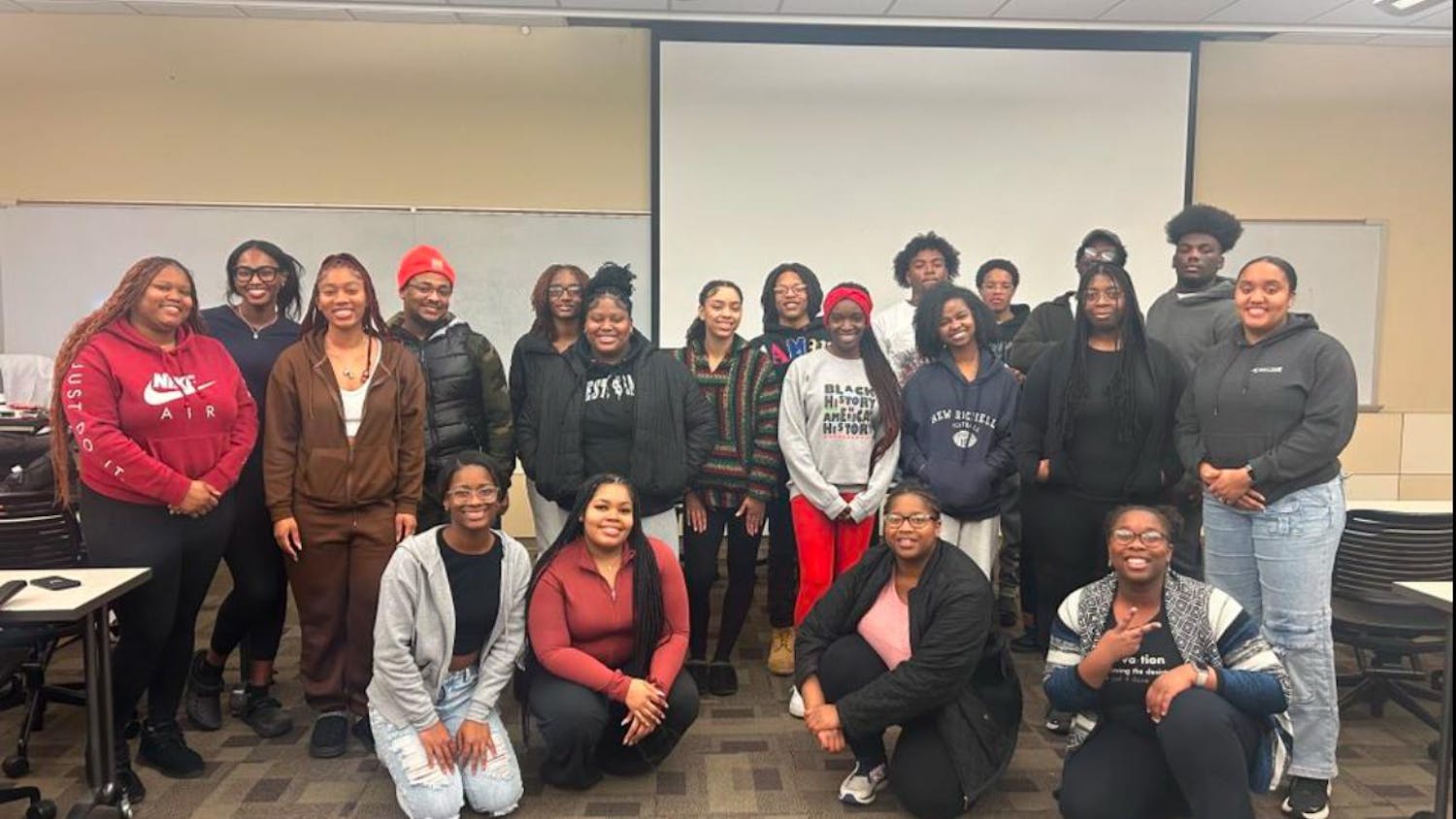It’s easy to take a stance on any political issue, but until you’ve seen both sides, it’s hard to make up your mind one way or the other. Dr. Awad Halabi, associate professor of history and religion at Wright State, has been raised in the west, but has parents who were refugees themselves.
“They were refugees from the 1948 war in Palestine,” Halabi said. “After that, we settled in the west-bank town of Ramallah and immigrated to Canada when I was young.”
Halabi sees a problematic lack of care for the plight of the refugees that have fled the Syrian Civil War, though he can understand the motives for keeping national security as safe as can be.
“It’s just very unfortunate, because the people who are in that situation come from very stable environments,” Halabi said. “The war in Syria has caused all of this chaos in their lives and it is very unfortunate that, while there is a very legitimate and credible need to maintain security, it can’t be accommodated with a more humanitarian goal of trying to accept refugees into the country.”
The refugee ban in conjunction with Pres. Trump’s travel ban to the countries for Iran, Libya, Sudan, Somalia, Syria, Iraq and Yemen could be seen as an attack on Muslims which could aid the efforts of Islamic extremist groups, according to Halabi.
“The great threat of terrorism doesn’t necessarily come from Islamic groups sending fighters into the country, rather, it is the radicalization of youth within the U.S.,” Halabi said. “When you see the Boston bombers, the San Bernardino bombers, they all are American citizens and they radicalized from information they acquire through the internet with this extremist rhetoric they can tap into.
“I think it is understandable that we need to keep greater scrutiny of people who enter the country, but I think the optics of it are going to be used against us by Islamic extremists who will just identify it as a Muslim ban. They applaud the ban because it is something they can exploit.”
The ban has caused many international students to opt for Canada instead of the U.S., which as affected WSU enrollment numbers through UCIE, and has many international students here worried that they won’t be able to come back to WSU or find internships.
Halabi believes that many of the judgments toward Muslims only creates more division.
“There are Muslims in every major city and they contribute to our community. Many people think that Muslims have a proclivity toward violence and extremism instead of judging a person individually. If you want to put this blanket condemnation on them, I’m sure that is how extremists, whom we are fighting, think of us. We are then battling radicals on either side, and that is unfortunate.”












